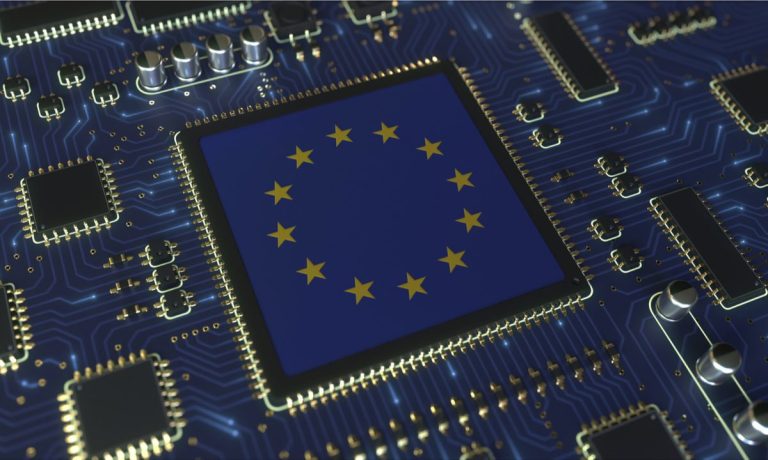European tech founders are joining forces to combat the ‘brain drain’ of young startup talent to the United States through a new initiative called Project Europe. The 10 million euro ($10.9 million) fund will provide 200,000 euros (approximately $218,000) to help entrepreneurs between 18 and 25 years old establish tech startups.
Harry Stebbings, a London-based venture capitalist leading the project, expressed his concerns about the prevailing perception of Europe as non-innovative. “The world has made up its mind that Europe is not a place of innovation. That is wrong,” Stebbings stated. “There is a doom loop around Europe, and we need to change that. The brain drain to the U.S. is very real and it’s going to really damage the future of Europe unless something changes.”
Project Europe is one of several efforts aimed at boosting entrepreneurship in Europe amid concerns that European startups are falling behind their counterparts in the U.S. and China, particularly in the artificial intelligence (AI) sector. The project is supported by various venture firms, including Stebbings’ 20VC, and over 125 tech founders from the region who will serve as mentors. Notable contributors include Tobias Lutke of Shopify, Sebastian Siemiatkowski of Klarna, and Niklas Östberg of Delivery Hero.
“Bringing together more than 100 of Europe’s top founders under one mission highlights the power and impact of Project Europe in shaping the next generation,” Siemiatkowski told the Financial Times. “We’re here to back young talent tackling the toughest technical challenges — with capital, mentorship, and infrastructure.”
While tech investment in Europe began to recover last year following a prolonged downturn, concerns persist about over-regulation hindering growth. U.S. Vice President JD Vance recently warned at the AI Summit in Paris that “excessive regulation of the AI sector could kill a transformative industry.”
The EU is also navigating rising tech-related tensions with the U.S., which has accused European regulators of unfairly targeting American tech giants. In response, EU lawmakers wrote to U.S. officials, asserting that claims of the EU using its digital competition laws to unfairly punish American companies were unfounded. “Given the importance of our shared values in promoting fair competition and innovation, it is essential that we align our efforts to address the challenges posed by dominant digital platforms,” the lawmakers stated, according to a Wall Street Journal report.



